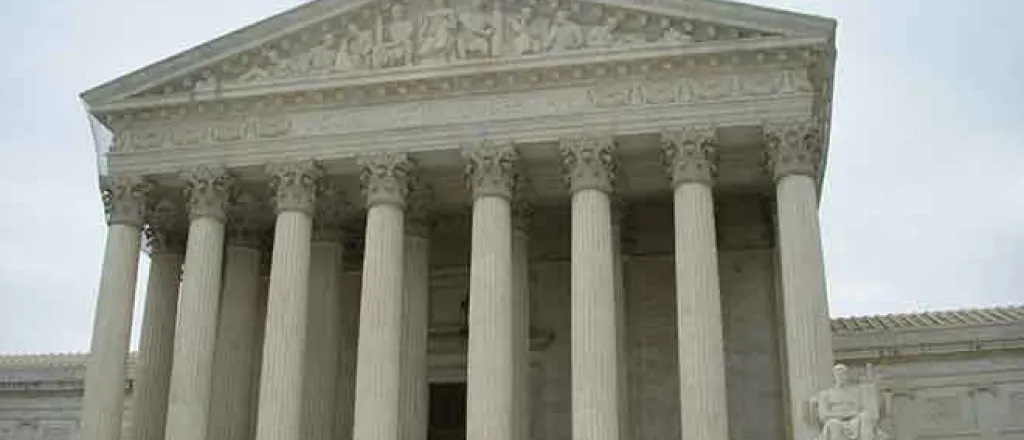
U.S. Supreme Court to hear ACA individual mandate case in fall 2020 session
The U.S. Supreme Court will review a challenge to the Affordable Care Act (ACA) brought by a coalition of attorneys general of 20 states with Republican governors.
“The decision by the Supreme Court to review the challenge to Obamacare brings the case one step closer to finality and Americans one step closer to freedom from a failed and unconstitutional system,” said Robert Henneke, general counsel and director of the Center for the American Future at the Texas Public Policy Foundation (TPPF). “Obamacare continues to injure millions of Americans like my clients who have lost access to their doctor, suffered from rationed care and had their insurance costs skyrocket.”
Supporters of the federal health care law also known as Obama care say millions of Americans will lose their health coverage if the ACA is ruled unconstitutional.
The challenge to the Affordable Care Act is rooted in the validity of the individual mandate, which requires all Americans to have health insurance or pay a penalty. In 2012, Chief Justice John Roberts sided with the court's four liberal justices in ruling that the individual mandate was constitutional.
But in 2017, Congress passed the Tax Cuts and Jobs Act, which set the individual mandate penalty to zero, meaning the penalty no longer generates revenue and could not be considered a tax, plaintiffs argue.
“Once the heart of the ACA – the individual mandate – is declared unconstitutional, the remainder of the ACA must also fail,” the lawsuit claims.
A U.S. District Court in Texas agreed that the individual mandate is now unconstitutional, as did the 5th U.S. Circuit Court of Appeals in New Orleans.
California Attorney General Xavier Becerra, leading a coalition of 17 state attorneys general defending ACA, argues that lowering the penalty to zero does not invalidate the penalty.
Becerra’s coalition appealed to the Supreme Court to hear the case before the 2020 election. The Supreme Court agreed to hear the case in its fall 2020 session, but a decision isn't expected until well after the November election.
The Supreme Court’s decision has also kept the lower courts’ stay in place.
“As Texas and the Trump Administration fight to disrupt our healthcare system and the coverage that millions rely upon, we look forward to making our case in defense of the ACA. American lives depend upon it,” Becerra said in a statement.

















